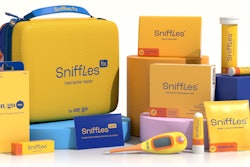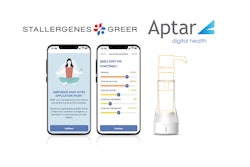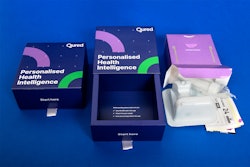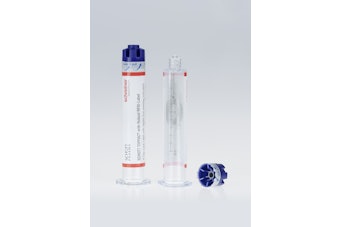
In a recent press release, Tiziana Life Sciences reports on the progress of its nasal treatment for Secondary Progressive Multiple Sclerosis (SPMS) patients, who have few effective treatment options available to them.
Tiziana’s Foralumab is an anti-CD3 monoclonal antibody immunomodulation therapy for SPMS that is administered through the nose. The biopharma says the drug is being developed especially for patients with non-active SPMS, the more severe and difficult-to-treat form of the disease.
Foralumab binds to the CD3 receptor on the surface of T cells in the patient’s immune system to selectively dampen the autoimmune response without the severe side effects and risks that come with other immune-suppressing drugs.
Results that from the first phase of the clinical trial are:
- Five of six patients who received the intranasal treatment in its expanded access program showed reduced microglia activation, a key biomarker of immune response and a possible contributing factor to MS patients flare-ups.
- Positron Emission Tomography scans of the patients at three and six months both found decreased microglia activity in the brain.
- There was improvement in the Modified Fatigue Impact Scale scores in three out of four patients, which is a major complaint in the SPMS population.
- There were various degrees of improvement in the Expanded Disability Status Scale, Timed 25-Foot Walk Test, pyramidal function scores, and NeuroQoL Fatigue scores.
Tiziana is getting ready for a new phase 2a study of the intranasal treatment with patient enrollment expected to begin in December 2023.






















